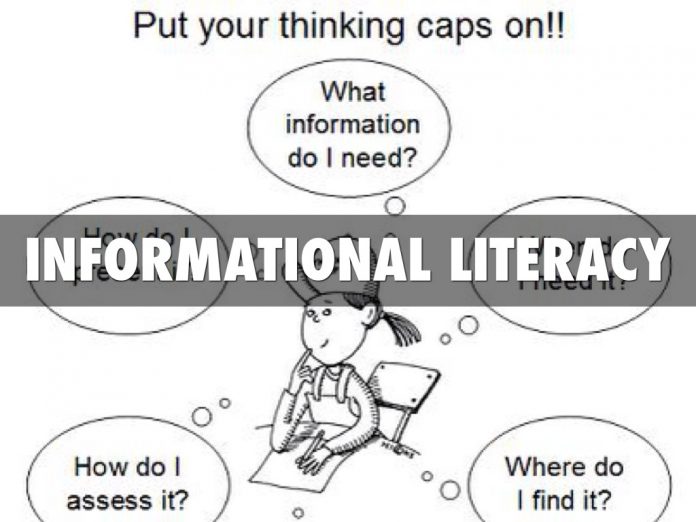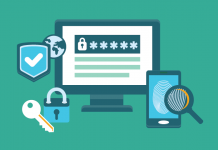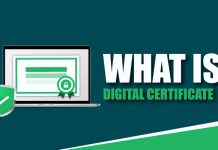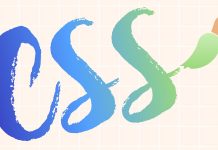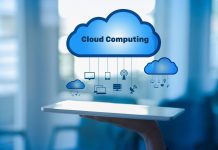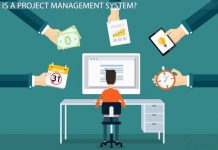More
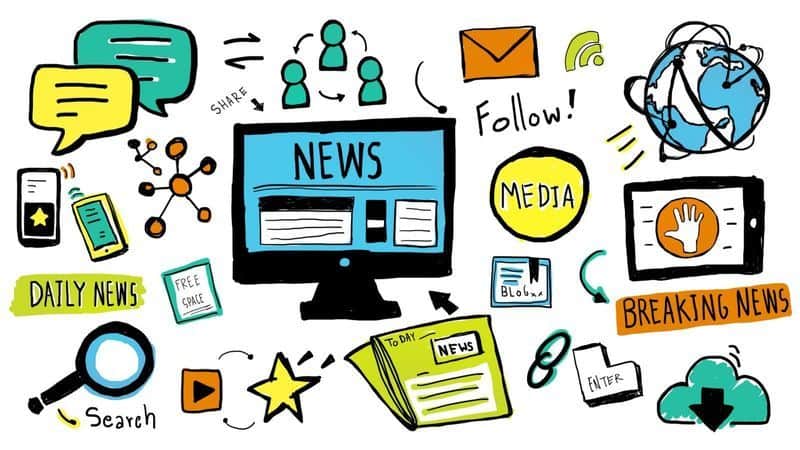
The term information literacy has become common in the past twenty years. According to the National Forum on Information Literacy, it refers to being “able to recognize when information is needed and have the ability to locate, evaluate, and use it effectively.”
Typically, librarians teach information literacy skills as part of their literacy development. It involves a skill set enabling people to find information and knowledge from print, electronic, and visual media. Many people do not learn information literacy until they enroll in colleges or universities and must find information for research. The following categories are core skills.
Information Communication and Technology Literacy
This area of information literacy, also called ICT, involves being able to use digital technology to research, assess, and communicate knowledge. Finding this article probably involved a search on the Internet, utilizing keywords and phrases. That is a first step to mastering technology literacy. This facet will only continue to grow in importance as computers and digital technology become more fully integrated into daily activities.
Technology Literacy
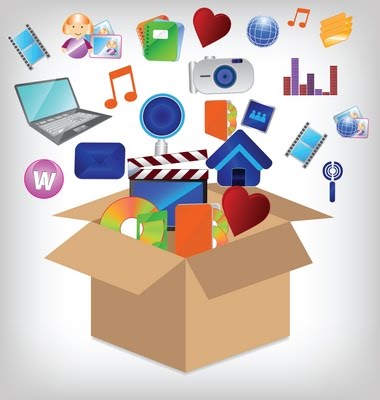
Different from ICT, technology literacy helps a person compete in a global marketplace where technology rules and those most literate have the most advantages. It involves an understanding of the basic scientific and mathematical principles involved in computing and digital technology.
If choosing technology as a career field, engineering concepts and the ability to be adaptive and innovative in the face of changing situations is a plus. A wide knowledge of applications and uses of technology helps a person to envision new possibilities and communicate those opportunities to others.
Scientific Literacy
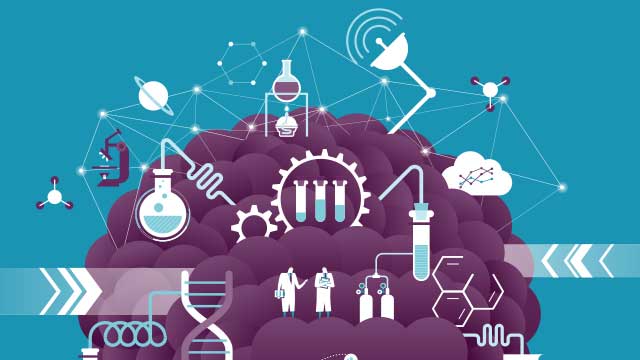
This does not mean that to be literate a person must be a scientific whiz. Rather, it means that a person should have a basic understanding of the scientific inquiry process, as well as an understanding of scientific principles. Many journals and magazines are available in print and online that put scientific information into non-technical language, making basic scientific literacy achievable for everyone.
Financial Literacy

Financial literacy is the ability to read, assimilate, analyze, and act upon financial information and transactions. Taking care of a family’s economic needs, including health costs, housing costs, and planning for retirement, all take skill and knowledge. This skill also helps a person to take proactive action during economic downturns and upswings.
Health Literacy

Knowledge of what good health is and how to maintain healthy habits is important for everyone. In addition, knowing what personal health risks are and how to avoid them is equally important. Navigating the maze of health care options requires a combination of ICT literacy and financial literacy.
Visual Literacy
This is the development of a comprehension and appreciation of things in the visual media. It can also include social visual cues, such as body language, and universal symbols. Read Is Seeing Believing in an Age of Digital Photos? and Visual Communication Literacy Development for more about digital visual literacy.
In summary, information literacy is more than just being media literate. It covers a wide range of skills that involve research, evaluation, communication, and action. Developing these skill sets will help a person to be successful in a world with ever increasing digital technologies.


